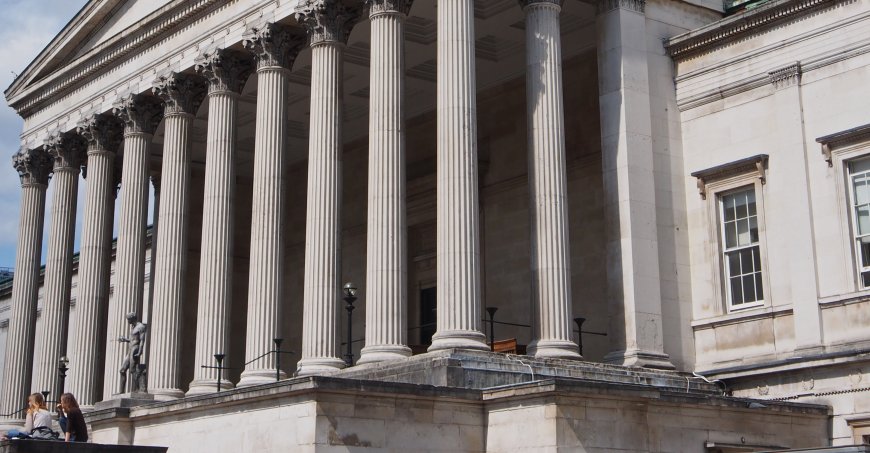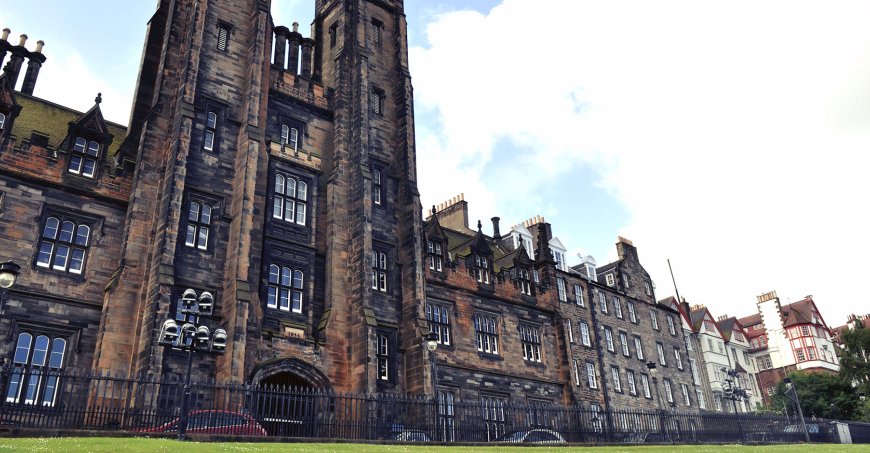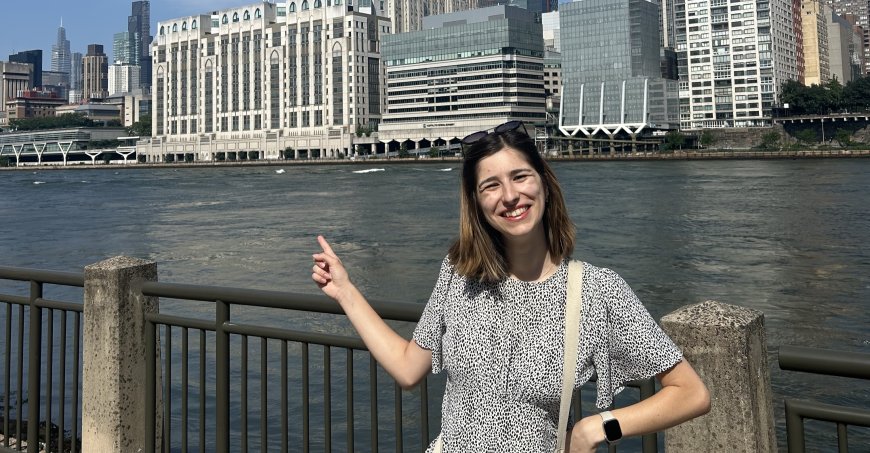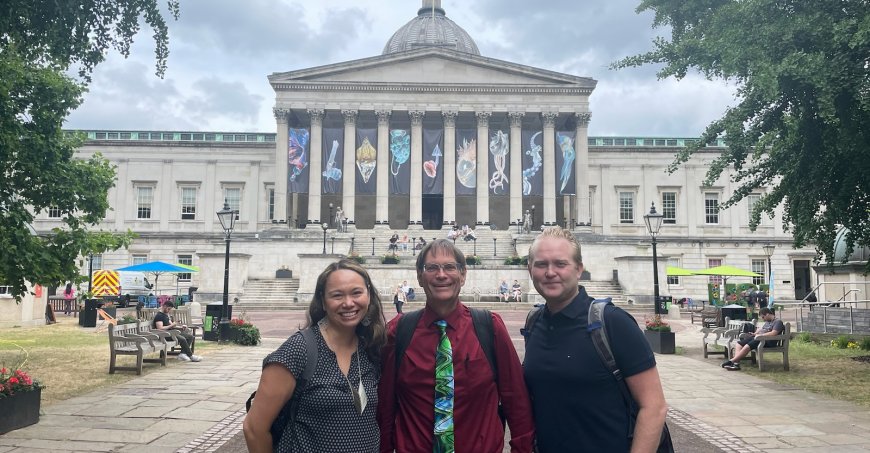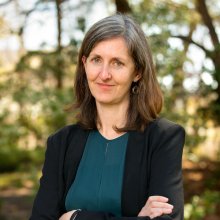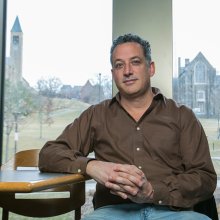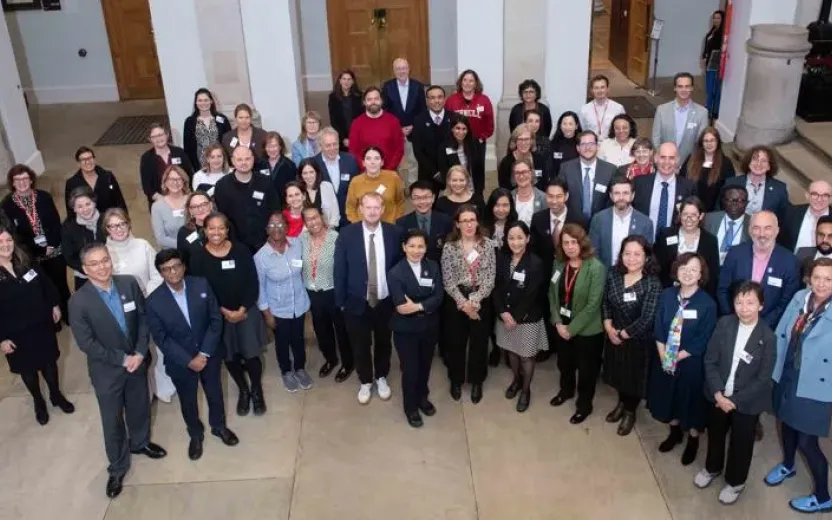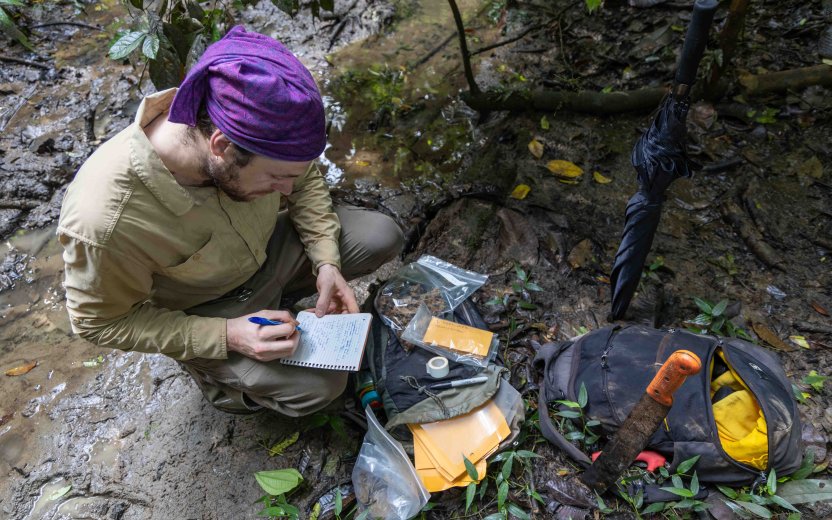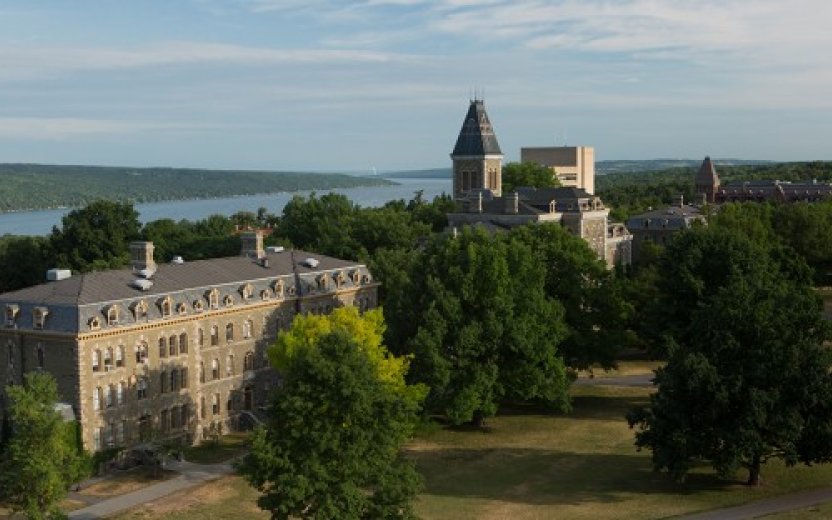United Kingdom
Hubs Partners in the United Kingdom
Imperial College London
A global leader in science, engineering, medicine, and business, Imperial College London (Imperial) is home to over 22,000 students from 140+ countries. With campuses in South Kensington and White City, Imperial combines cutting-edge research with an entrepreneurial focus and an inclusive, international community at the heart of London.
King's College London
Founded in 1829, King's College London (Kings) has five campuses and nine faculties, including Europe's largest medical teaching center. A strong advocate for sustainability, King's enrolls over 33,000 students and supports research and teaching that address global challenges across the humanities, sciences, health, and social impact fields.
Queen Mary University of London
Queen Mary University of London (QMUL) was established in 1785 and is known for its diverse student body and commitment to social mobility. Located in East London, QMUL offers strengths in medicine, engineering, and the humanities. It enrolls over 32,000 students, with over half the undergraduates being first-generation students.
University College London
University College London (UCL) is one of the UK's most global and historic institutions, founded in 1826 to expand access to higher education. With 11 faculties and 41,000 students from over 150 countries, UCL is in central London and is a founding member of the Knowledge Quarter.
University of Edinburgh
The University of Edinburgh (Edinburgh), founded in 1583, is Scotland's leading public research university. With 45,000 students and strengths across the arts, humanities, science, and engineering, Edinburgh is both historic and innovative. Its Old Town campus and global reputation make it a compelling partner for multidisciplinary collaboration.
Fast Facts
152
Outgoing Cornell exchange students
140
Incoming exchange students from UK partners
61
Joint research seed grants with UK partners
Global Hubs Workshop Opportunity:
UCL–Cornell Networking Workshop on Democracy Research
UCL Global and Cornell University faculty are invited to join a virtual networking workshop on democracy research on Friday, March 20, 2026. The goal is to build new collaborations, explore interdisciplinary research ideas, and prepare for a subsequent internal funding opportunity for pilot projects and related research activities.
Participants will give brief “lightning talks” on their current work and collaboration needs, followed by discussion of next steps, including funding possibilities, timelines, thematic development, and institutional support.
The call for participants is open until February 27, 2026. Learn more and register!
Deepening Existing Collaborations
Cornell and UK partners have held a series of targeted faculty collaborations, bilateral workshops, and joint academic initiatives across thematic areas.
Follow-up meetings brought together colleagues from Cornell Tech, Engineering, CALS, the Brooks School, the Einaudi Center, and the Einhorn Center with UK partners to develop joint research proposals, co-host events, and advance new teaching models.
UCL and Cornell’s Center on Global Democracy co-hosted a “Democracy and the Rule of Law” workshop in June 2025, expanding our dialogue on governance and institutions.
King’s and Cornell held a virtual research networking session in spring 2025 to explore the intersections of community and mental health, agroecological approaches to nutrition and climate change, and gender equity in the African context. Cornell faculty included Rachel Bezner Kerr, Stacey Langwick, Andrew Wilford, Hale Tufan, and Katie Fiorella.
Imperial and ILR faculty collaborated on a fall 2024 conference: Artificial Intelligence and the Future of Work.
QMUL and Cornell faculty led an April 2025 session on peer educators and student belonging, with participation from four Global Hubs partners—part of ongoing discussions about building a Hubs peer education network.
Edinburgh’s “Doing AI Differently” initiative now includes Cornell’s Aditya Vashistha, Nate Foster, and Thorsten Joachims, who began collaborating on integrating the humanities into AI development.
Research Highlights
Hubs Grant Launches AI Collaboration
A 2022 Global Hubs seed grant initiated a research collaboration between Isabel Perera (Cornell) and Andreas Kornelakis (King’s) on AI's effects on knowledge-intensive jobs that has grown into a global network with more than 20 researchers. The grant led to follow-on research funding and a 2024 conference on AI and the future of work. Read about the project.
How Digital Culture Affects Memory
Qi Wang (Cornell) teamed up with Andrew Hoskins (Edinburgh) on a 2024 book, The Remaking of Memory in the Age of Internet and Social Media.
The edited volume features studies from more than 30 of the world’s leading researchers probing key issues, including recalling personal memories of events and collective memories about the community, society, and nation. Read about their findings.
Joint Research Seed Grant Awards
Cornell and partners in the United Kingdom supported 20 joint research seed grant awards in 2024.
Student Experiences
Hub partnerships have enriched students' academic and pre-professional experiences and expanded their opportunities to engage inside and outside the classroom.
Seven Cornell colleges have sent students to study in the UK: Agriculture and Life Sciences, Arts and Sciences, Brooks School, Cornell Engineering, Human Ecology, ILR School, and SC Johnson.
Global Innovation and Entrepreneurship
Cornell students have participated in Imperial’s Global Challenge Lab—a two-week virtual entrepreneurship program centered on the UN Sustainable Development Goals—for three consecutive summers. In 2024, six Cornell students joined peers from around the world to develop scalable solutions, guided by expert mentors and faculty-led master classes.
Learning Through Community Impact
Over winter break 2025, 14 undergraduates in the Dyson Grand Challenges program traveled to the UK with Cornell faculty for “London Crossroads: Social Impact Projects,” working alongside alumni and community partners on UN SDG-aligned projects. Partnering with QMUL faculty, students continued work into the spring and presented their projects in Ithaca in April.
UCL sent a student to Cornell's new Summer Research Academy, which offers hands-on international lab experience. The internships are open to undergraduates from participating Global Hubs universities and exchange partners worldwide.
Faculty Forward
Faculty Visit
Cornell faculty and staff traveled to Global Hubs locations in the United Kingdom, Singapore, and Australia in summer 2023 to explore student exchange, collaborative faculty research, and teaching opportunities. An engineering delegation visited Cornell's five UK partners to expand opportunities for engineering students and faculty in the UK. The contingent included Mike Thompson, faculty lead for Imperial.
Cornell Faculty Leads
Imperial
Mike Thompson
Engineering
Kings
QMUL
Eric Tagliacozzo
A&S
UCL
Rachel Reidl
Brooks School
Edinburgh
Nate Foster
Engineering
Imperial College is consistently rated as one of the top institutions in the world, with its focus on science, technology, medicine, and innovation. With the numerous ongoing collaborations between faculty at Cornell and Imperial, we have a tremendous opportunity to expand connections across all academic levels, from undergraduate and graduate exchanges to faculty sabbaticals and individual research projects. — Mike Thompson
I find the UK, and particularly London, to be an exciting place to live and study—as it is something of a bridge between the U.S. and broader English-speaking world on the one hand and continental Europe on the other. — Virginia Doellgast
I'm excited to serve as the faculty lead for our partnership with the University of Edinburgh, widely recognized as one of the world's great research universities. It was the intellectual center of the Scottish Enlightenment in the 18th century and has continued to be the home of leading researchers in a wide range of fields for nearly 400 years. I'm looking forward to developing partnerships that build on the strengths of both institutions. — Nate Foster





